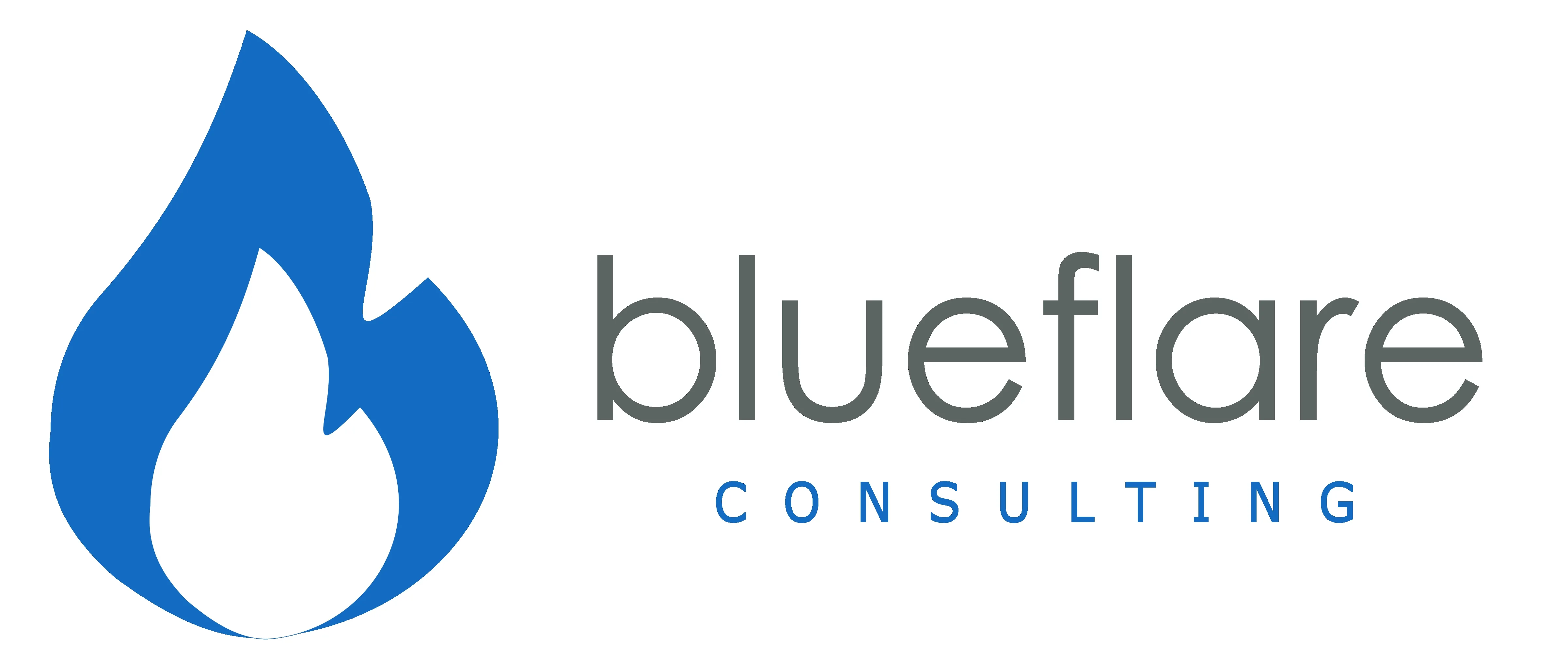We are effectively selling our time
Founder: Dietmar Marggraff
Industry: Cyber Security
Employees: 2+
Using Kimai since: 2024
Homepage: blueflare.co.za
Location: Johannesburg, South Africa
How a cybersecurity consultancy builds strong client relationships through strategic billing transparency
About the Organization:
Blueflare Consulting is a South-African company which empowers clients to manage cybersecurity.
They offer operational and informational security services to businesses by defining strategic objectives, identifying cyber risks and building solutions to enable resilient business operations.
The engineer who fights digital fires
Meet Dietmar Marggraff: a consultant at blueflare with top skills in web development, cybersecurity and penetration testing. He is a full-time guardian against cyber threats. From his base in South Africa – one of the world’s most cyber-targeted countries – Dietmar runs blueflare Consulting, a specialized cybersecurity firm that protects the infrastructure we all depend on.
“Criminals don’t discriminate,” Dietmar explains with the matter-of-fact tone of someone who’s seen digital chaos firsthand. “Here in South Africa, we are targeted daily. Whoever needs our help, we are willing to assist, whoever needs help.“
Savings with Kimai
- 8+ hours saved monthly on time tracking administration
- 1 week of work saved annually on invoicing processes
- Weekly reports for clients are generated and sent in under 2 minutes
- Agency Rule: One hour saved on administration is one hour earned on consulting
Dietmar Marggraff is a consultant at blueflare with top skills in web development, cybersecurity and penetration testing

Dietmar Marggraff
Founder
The consulting paradox: selling time while racing against tt
For consulting agencies like blueflare, time isn’t just money – it’s the entire business model. Dietmar’s team faces the classic consulting challenge: jumping between multiple client projects daily while maintaining precision in billing and transparency.
“We see ourselves as the right hand of whoever is driving cybersecurity in an organization. Cybersecurity is a journey, not a one-off, and we walk with our clients.”
This journey-based approach creates a complex time management puzzle. One day might include: client check-ins, penetration testing scoping, meetings and workshops.
Without proper tracking, these fragments of billable time disappear into administrative chaos – exactly what happened to Dietmar’s colleague who was drowning in Excel spreadsheets, spending two hours weekly just sorting out time entries.
Blueflare Consulting leverages detailed activity records with Kimai to provide radical transparency while eliminating administrative overhead. This strategic decision allows them to focus on their core mission of protecting organizations from cyber threats without facing administrative complications.
The “From day one” decision
Unlike many consultancies that start thinking about time tracking after scaling pain points emerge, Dietmar made a strategic choice: implement Kimai from the very first day of business.
“It was important for me, coming from an organization that did use time tracking, that it was one of the first things I put in place when founding blueflare,” he reflects.
The implementation itself showcased his technical expertise. Using DigitalOcean infrastructure with Docker Compose, Dietmar had the Kimai On-Premise version running in just “an hour or two”. True to his cybersecurity roots, he added a VPN layer so Kimai isn’t directly exposed to the internet.
Beyond basic time tracking: the transparency approach
What makes Dietmar’s Kimai implementation compelling isn’t just the time saved – it’s how he transformed client relationships through radical transparency.
“We’re not just exporting the amount of time spent, but also what we did in that time,” Dietmar explains. His custom invoice setup shows clients exactly how their money was invested: 15 minutes spent doing this, 30 minutes spent doing that, a workshop for 2 hours and so on…
This detailed approach extends beyond external clients. blueflare tracks everything as a project – even internal activities like sales, marketing, and project management.
“Everything we do is a project, even this interview,” Dietmar notes with a smile.
The three-tier structure of Kimai (Client → Project → Activity) enables precise project scoping: “When we scope a project, we can then have our project, and on a per-activity basis, we can say, ‘we’re going to spend X amount of time on workshops, X amount of time on reporting.’”
The real numbers: quantified results
Starting with Kimai from day one makes traditional before/after comparisons impossible, but Dietmar’s colleague using Excel provides a stark contrast. The manual approach consumes two hours weekly just organizing time entries – time that blueflare reclaims for actual client work.
“Saving that time allowed or opened up the time to do other, if I can say, more important things—building the business, working on client work,“ Dietmar emphasizes.

Dietmar Marggraff
Founder – blueflare ConsultingThe evolution: why cloud migration made sense
Dietmar executed a strategic shift to Kimai Cloud. “At the beginning, there was more time to do updates and backups. Being an engineer and being a hacker, we like to do things ourselves,” he admits. “But I’ve gotten to a point where time is an issue. I don’t want to have to spend time doing manual backups and updates.”
This isn’t about technical inability – it’s about strategic time allocation. Every hour spent on server maintenance is an hour not spent protecting clients or growing the business.
The true effects: recommendations and results
Dietmar’s enthusiasm for Kimai extends beyond his own company. He’s already recommended it to his Excel-struggling colleague and expressed amazement at consultancies operating without time tracking: “There are a couple of organizations that I’ve encountered that also do consultancy-type work and they don’t do time tracking, and I have no idea how they manage their organizations.”
The granularity and expandability particularly impressed him: “The option to have additional plugins and to have that expandability is great and we are planning on making use of that in the future as well.”
Summary
Blueflare’s story illuminates a crucial insight for agency founders and freelancers: time tracking isn’t just about billing accuracy – it’s about business intelligence.
When you can demonstrate to clients exactly how their investment was used, when you can optimize internal processes based on real data, and when you can eliminate administrative overhead that steals focus from core work, time tracking transforms from necessary evil to competitive advantage.
 Kimai
Kimai